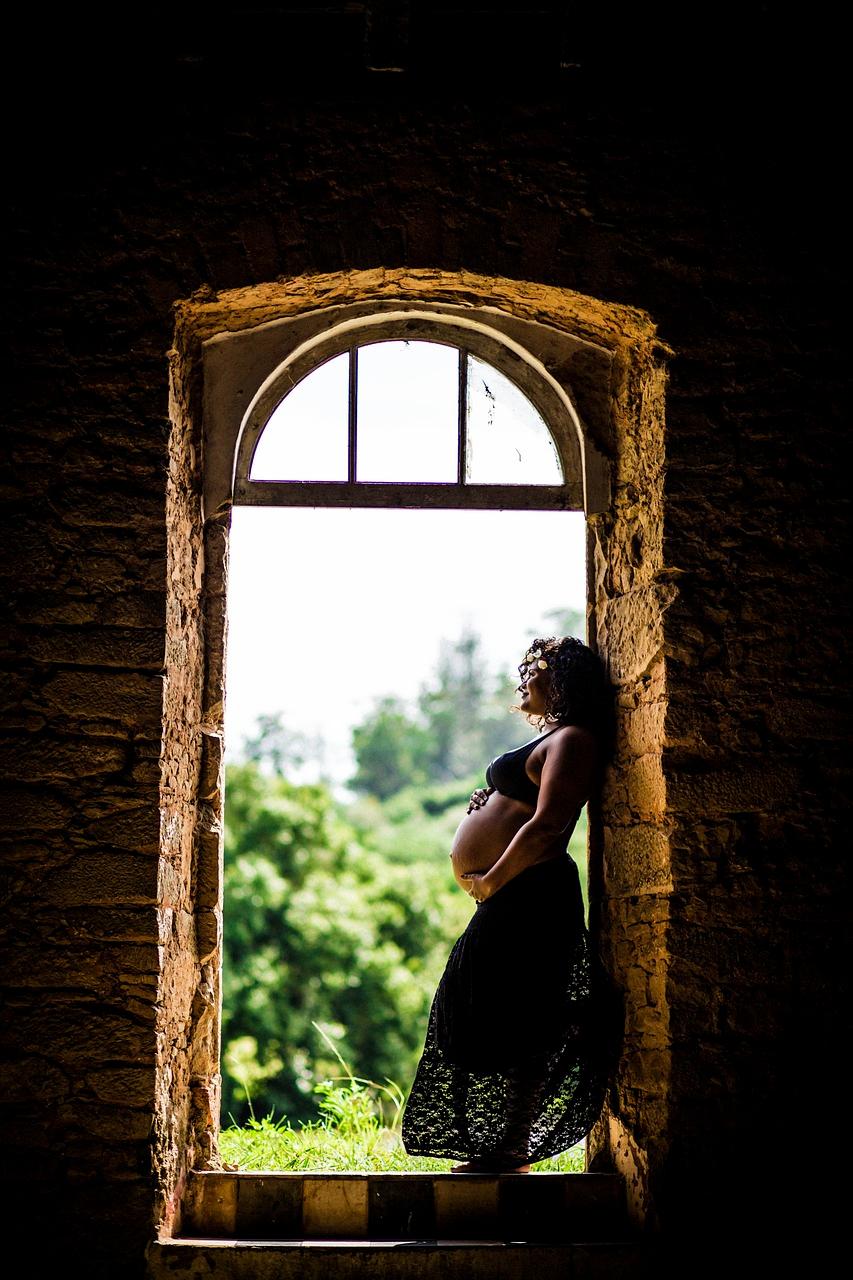When it comes to pregnancy, one of the most common experiences that many women face is the infamous “morning sickness.” This term can be a bit misleading because, in reality, it can strike at any time of the day. This often unpleasant symptom tends to make its grand entrance around the 6th week of pregnancy, catching many expectant mothers off guard.
The Peak of Morning Sickness
For those who are enduring morning sickness, the peak of this uncomfortable phase usually hits around week 9 of pregnancy. This can be a particularly challenging time, as the nausea and vomiting may feel relentless. However, rest assured that there is light at the end of the tunnel.
When Does the Queasiness Begin to Subside?
Thankfully, for many women, the end of the first trimester brings some relief from morning sickness. Around weeks 16 to 18, the nausea typically starts to taper off, allowing expectant mothers to breathe a sigh of relief. This means that by the mid-point of the second trimester, many women find themselves feeling more like their usual selves.
Individual Variations in Nausea Duration
While the general timeline for the end of morning sickness falls within the 16 to 18-week range, it’s essential to remember that every pregnancy is unique. Some women may find that their nausea resolves earlier, perhaps around week 14, while others may continue to experience symptoms until later in their pregnancy.
Factors That Can Influence the Duration of Nausea
Various factors can play a role in how long morning sickness lasts for each individual. These factors can include hormonal changes, the overall health of the mother, stress levels, dietary habits, and even genetics. It’s vital to listen to your body and seek support if you find that nausea is significantly impacting your well-being.
Self-Care Strategies for Managing Morning Sickness
While waiting for the nausea to subside, there are several self-care strategies that can help manage morning sickness symptoms. Eating small, frequent meals, staying hydrated, getting plenty of rest, and avoiding triggers like strong smells can all make a difference in how you feel during this challenging time.
Seeking Support and Guidance
If you find that morning sickness is taking a toll on your day-to-day life, don’t hesitate to reach out to your healthcare provider for guidance. They can offer advice on managing symptoms, recommend suitable remedies, and ensure that you and your baby are receiving the care you need.
Embracing the Changes in Pregnancy
While morning sickness can be a challenging aspect of pregnancy, it’s important to remember that it is a temporary phase that many women go through. As your body adjusts to the changes of pregnancy, be gentle with yourself, listen to your needs, and know that brighter days are on the horizon.
Enjoying the Journey
As the queasiness begins to fade and you start to feel more like yourself again, take time to appreciate the remarkable journey of pregnancy. Whether it’s feeling your baby’s first kicks or preparing for their arrival, each moment brings you closer to welcoming your little one into the world.
Celebrating Your Strength
Through the ups and downs of morning sickness and beyond, remember the incredible strength that lies within you as you nurture new life. Your resilience, patience, and unwavering love for your baby are testaments to the power of motherhood. Embrace this transformative time with grace and pride.
Looking Forward to the Bright Days Ahead
As you navigate through the journey of pregnancy, keep in mind that morning sickness, like all challenges, will eventually come to an end. With each passing day, you move closer to holding your little one in your arms and embarking on the adventure of motherhood. Stay positive, stay hopeful, and trust in the incredible strength that carries you through this remarkable time in your life.
Final Thoughts
In conclusion, while morning sickness can be a difficult aspect of pregnancy, it typically starts to subside around weeks 16 to 18 for many women. Remember that every pregnancy is unique, and it’s essential to listen to your body, seek support when needed, and celebrate the incredible journey of motherhood. Stay strong, stay resilient, and cherish each moment as you await the arrival of your little one.

